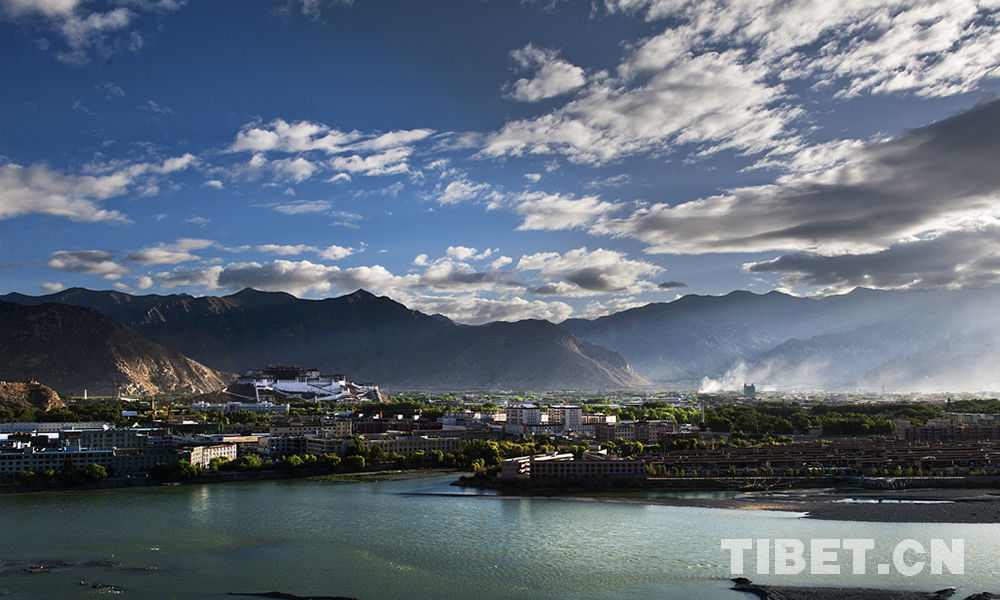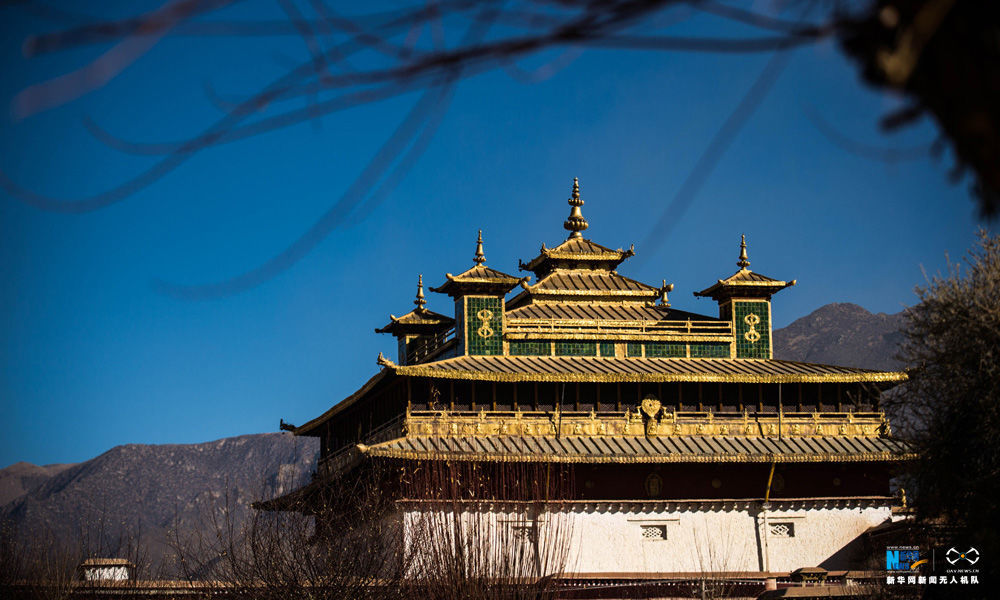Scholar: centripetal forces of Tibetan culture still with China
Recently, a "Tibetan cultural protection" news salon was held at the China Tibetology Research Center in Beijing. More than 40 famous domestic and foreign media, including Reuters, Voice of America, and Times of India joined the salon and asked questions regarding Tibetan cultural protection, the reincarnation of the Dalai Lama, the "middle road" initiated by the 14th Dalai Lama and other sensitive issues.
A reporter from Hong Kong's China Review News Agency asked: "Apart from the Dalai Lama, there are also other monks and Tibetan people living abroad throughout the year. They've built monasteries, schools and other institutions abroad. And according to previous reports, some Tibetans are sending their children abroad to these Tibetan-populated areas to study. Under this circumstance, is China concerned about cultural centripetal force problems, in other words, is the overseas Tibetan world more attractive to Tibetans?
Zheng Dui, secretary-general at the China Tibetology Research Center, replied, "I'm not worried about this problem at all. The roots of traditional Tibetan culture are in China, and as long as the roots are in China, there will be no tendency of moving outside."
He further explained that there are indeed some influential Tibetan Buddhist monks abroad, including the Dalai Lama. However, they still depend on foreigners for a living. Under this background, the monasteries and schools they build can not affect the centripetal force of Tibetan culture. Most Tibetan people are living in China now and they receive a traditional Tibetan education. It's these people that are the mainstream of Tibetan culture.
"I've also visited monasteries abroad and exchanged with overseas Tibetan scholars at international Tibetology events, and I've noticed that better-off overseas Tibetan have all received the national education of their chosen country, rather than traditional Tibetan education, so I'm increasingly conscious that the centripetal forces of these people are still with China. "
Your Comment
Name E-mailRelated News
-
;
-
-

-
Tibet under Chinese jurisdiction since Yuan Dynasty: archives
Tibet has been a part of China and officially under central government's jurisdiction since the Yuan Dynasty, confirmed by archives, according to the Archives Bureau of Tibet Autonomous Region, which has recently completed the salvage protection work of some Mongo
-
-
-

-
Scholar: India's support of Dalai Lama' visit to disputed border a
Tawang is a part of Tibet and of course a part of China, and India allows the Dalai Lama to visit the disputed zone in the eastern part of the China-India border area is going to severely damage China's interests and China-India relations, said a scholar from the
-
-
-

-
Scholars come to China so they can research Tibet
More overseas scholars now seek to come to China to study Tibetan history and culture, a senior researcher said on Thursday.
-
Based in Lhasa, Tibet Vista is a Tibet travel agency that specialized in Tibet permit, and Tibet tours for both private and group travelers at a local price!
•4 Days Lhasa City Group Tour from USD 460 •8 Days Everest Base Camp Group Tour from USD 850 •15 Days Mt.Kailash Group Tour from USD 1780 •2016 Tibet Train Tours from Beijing, Shanghai, Chengdu, Xining,etc










